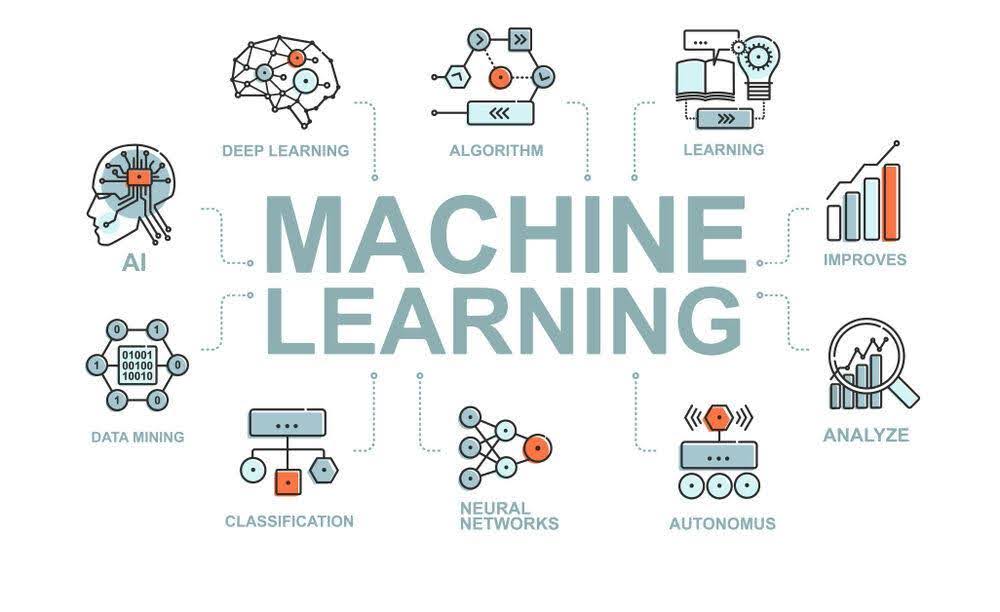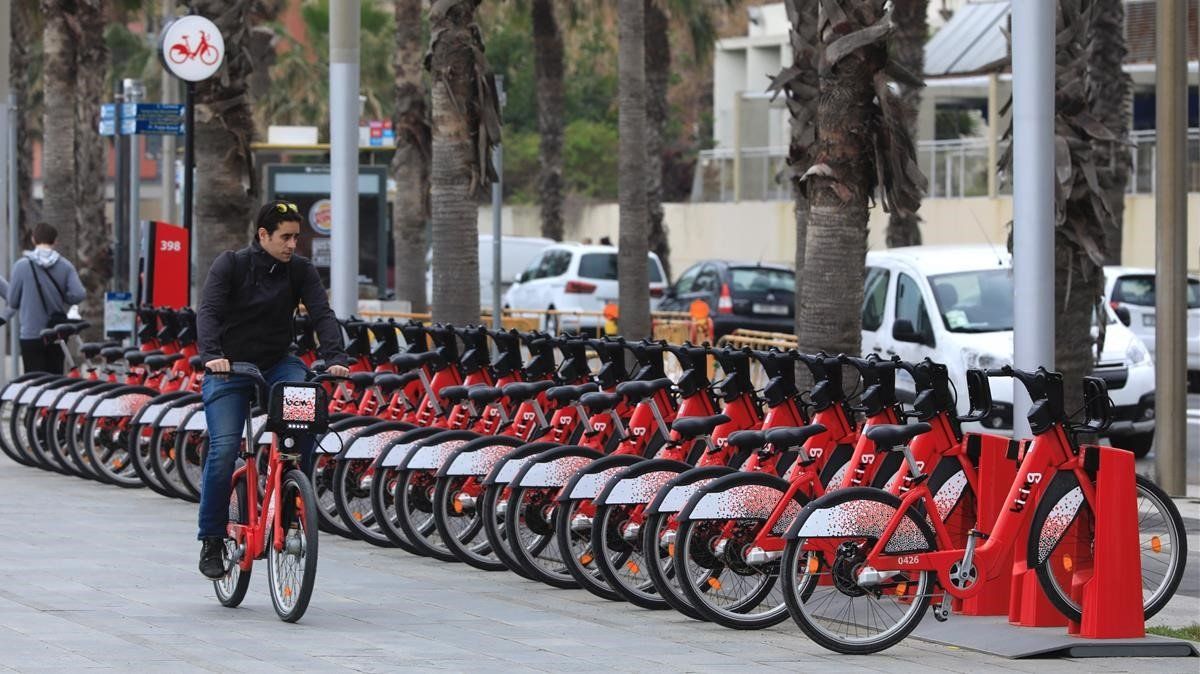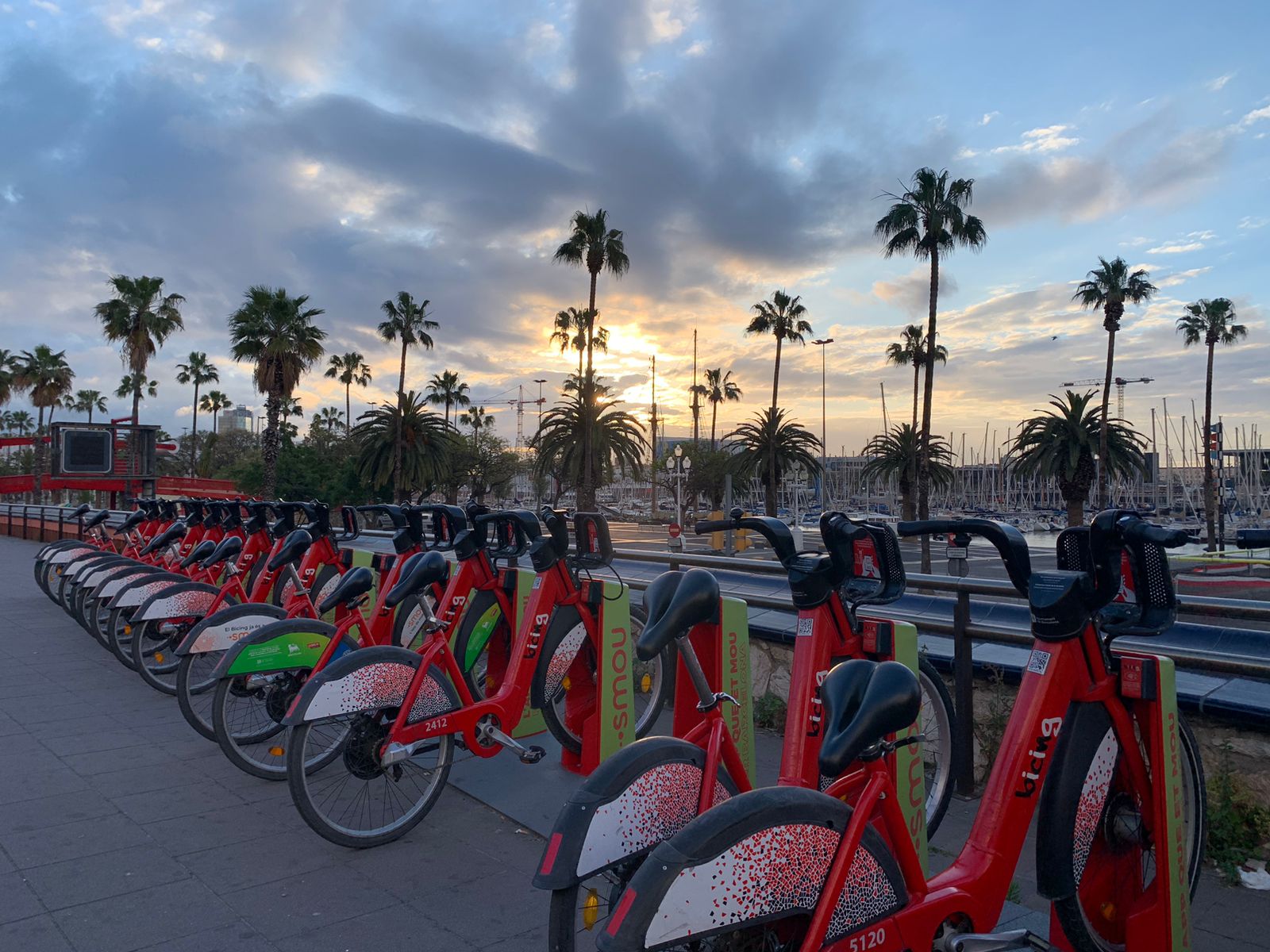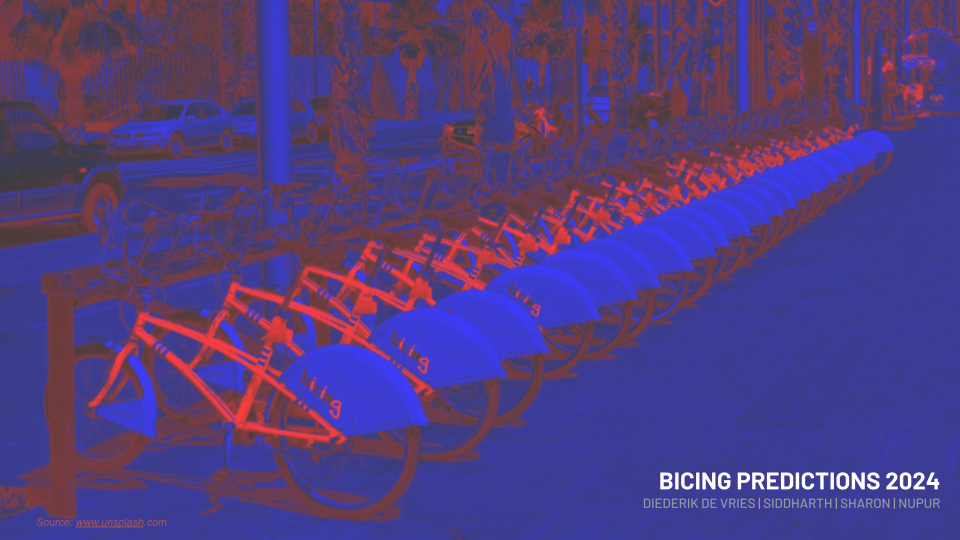
photo credits: www.fsm.ac.in
Description
With all the data that we’ve been living around the main question about it: And now, what to do with it? We can explain behaviours with data, and can predict them, but mainly, after learning to handle and visualize and get insights from data the next step is to learn how to extract information from it.
This is what is the main subject of the next seminar: Machine Learning.
Our next step into the world of Data Science is to learn how to use our coding skills to learn from data.
The Digital Tools & Big Data II course aims to introduce the world of Machine Learning, using our data skills we will be able to extract valuable information from data, using very powerful machine learning tools.
Using Python and the most used machine learning libraries such as Sklearn, Scipy and others we will learn how to predict values, classify and cluster data, and understand how more advanced processes such as image recognition work.
By the end of the course, the students will be able to do an end-to-end machine learning project and be able to use this tool in their own projects.
Learning Objectives
At course completion the student will:
- Understand the basic concepts of machine learning, what are the main principles to working with it and what are the steps in an ML project;
- Understand the different types of learning: Supervised, Unsupervised, Semi-supervised;
- Understand the different types of techniques: Regression, Classification, Clustering;
- Understand the key aspects of the most used algorithms such as Linear and Polynomial Regressions, Decision trees, Random Forests, K-Means;
- Build an end-to-end pipeline of a Machine Learning project;







